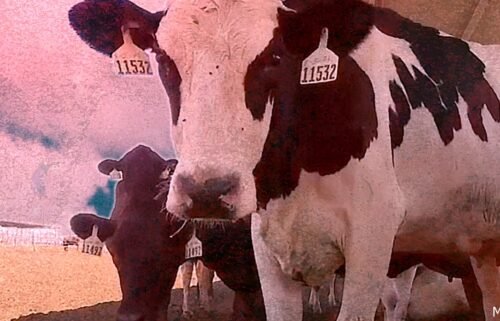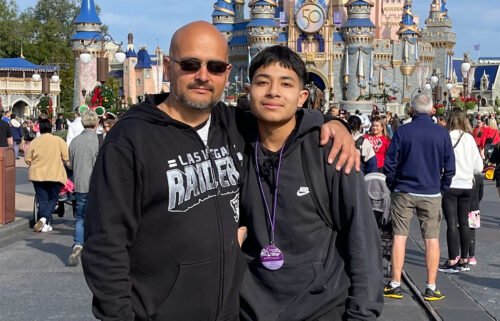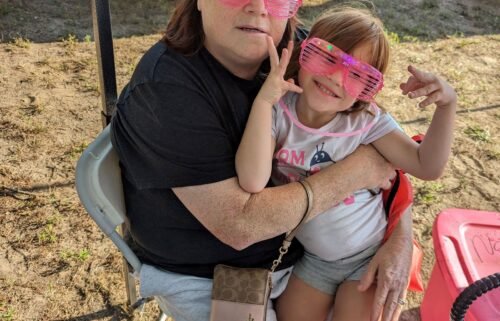A massive study of 200,000 veterans identifies genetic links to anxiety

A massive genetic study in nearly 200,000 veterans with anxiety is providing new insights into how and why people may be pre-disposed to anxiety issues.
The genome-wide association study was the “largest ever study” looking into genes that could be associated with anxiety, according to Daniel Levey, a postdoctorate associate at the Yale School of Medicine and one of the authors of the study.
The study identified six genetic variants linked to anxiety. Some of the variants associated with anxiety had previously been implicated as risk factors for bipolar disorder, post-traumatic stress disorder and schizophrenia.
Levey and his team used data from veterans provided by the Million Veteran Program, a national initiative by the Department of Veterans Affairs researching how genes and lifestyle affect the health of more than 800,000 veterans who’ve participated.
The study was published Tuesday in the American Journal of Psychiatry.
Levey’s research group focused on 199,611 veterans in the data that had a continuous trait for anxiety based on a diagnostic scale for Generalized Anxiety Disorder.
Although anxiety is common across the human condition, Levey said “some people experience it in a way that becomes pathological.”
Generalized Anxiety Disorder can manifest often in those who’ve experienced trauma while waging war far from home and looking at the genetic traits of veterans it affects can help the population as a whole.
They cast a wide net and came up with a few gems
Scientists use genome-wide association studies to examine the entire genetic code of a whole population. They go into the experiment hypothesis-free and see what comes up in a wide and penetrating sweep of the cohort’s DNA.
Levey said having a “very large cohort is very effective” and the Veterans Affairs program is “one of the richest resources in the world” for data linking anxiety and genetics.
He noted that the veteran’s data bank is valuable because of its racial diversity. Similar large-scale studies like this have been hamstrung by too many participants coming from a similar background, oftentimes only those with European ancestry.
In this most recent study, the researchers found that veterans of European descent had five genes that could be associated with anxiety.
One of the most useful findings was an association between anxiety and a gene named MAD1L1. In previous genome-wide association studies, MAD1L1 had shown indicated vulnerability to several other psychiatric conditions, including bipolar disorder and schizophrenia.
“It keeps coming up over and over again,” Levey said.
They also identified a gene connected to estrogen. Levey said that potential estrogen link was important because this veteran cohort was 90% male, and that particular hormone is often associated with women.
For African Americans, the researchers identified a gene associated with intestinal functions that was potentially linked to anxiety.
“That gene variant doesn’t exist outside African populations,” Levey said.
The goal is to pinpoint more targeted treatments
Results like these could lead to more specific studies on each of the genes identified to determine how exactly they might be linked to anxiety and other psychological disorders. If further scrutiny of the genes reinforces the study’s conclusions, that could lead to pharmaceutical research targeting how these genes operate.
Levey said he hoped that the study could lead to even more proactive outcomes, including early genetic testing to determine someone’s susceptibility to anxiety. Individuals could then receive therapy to learn positive coping and stress management techniques even before symptoms began to surface, he said.
“We’re making a lot of progress in genetics into what causes these conditions and how we might approach treatment,” he said.




